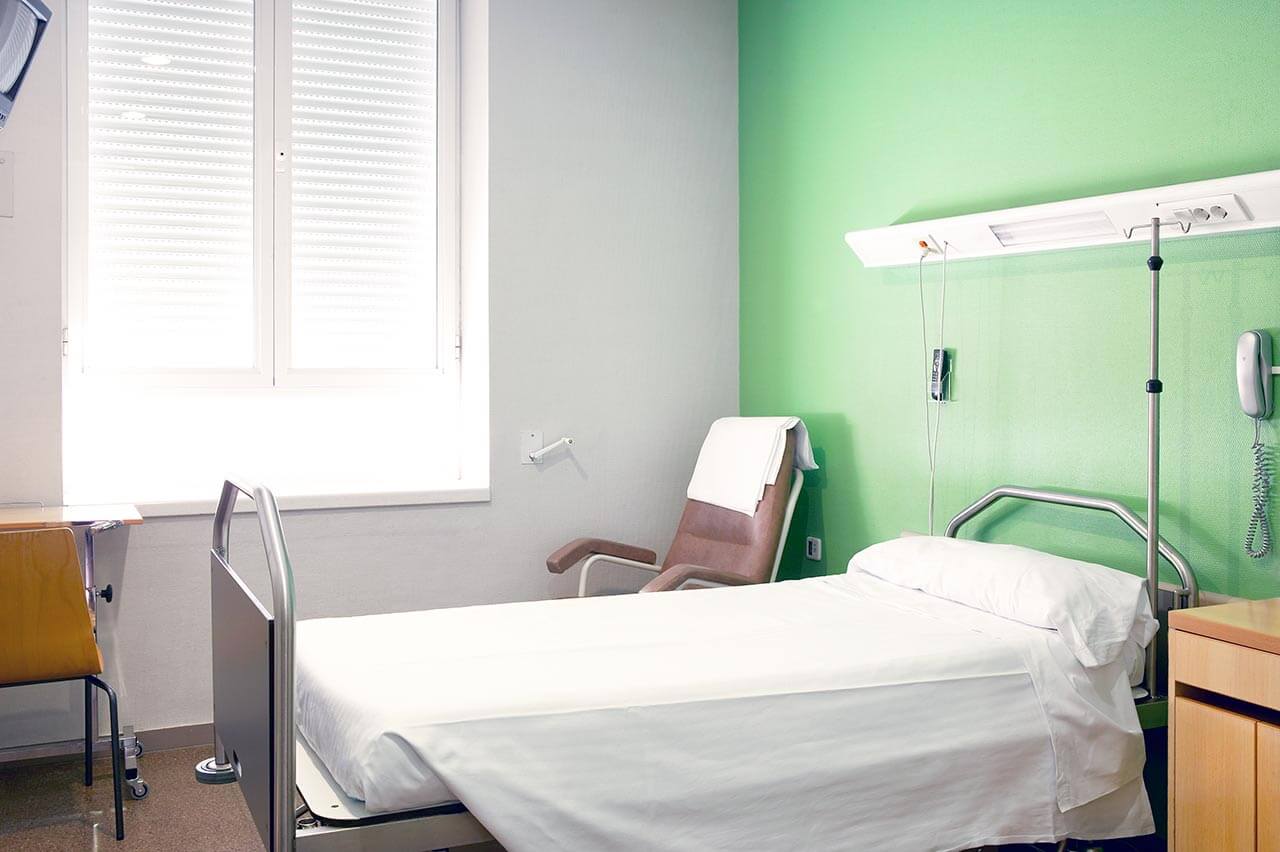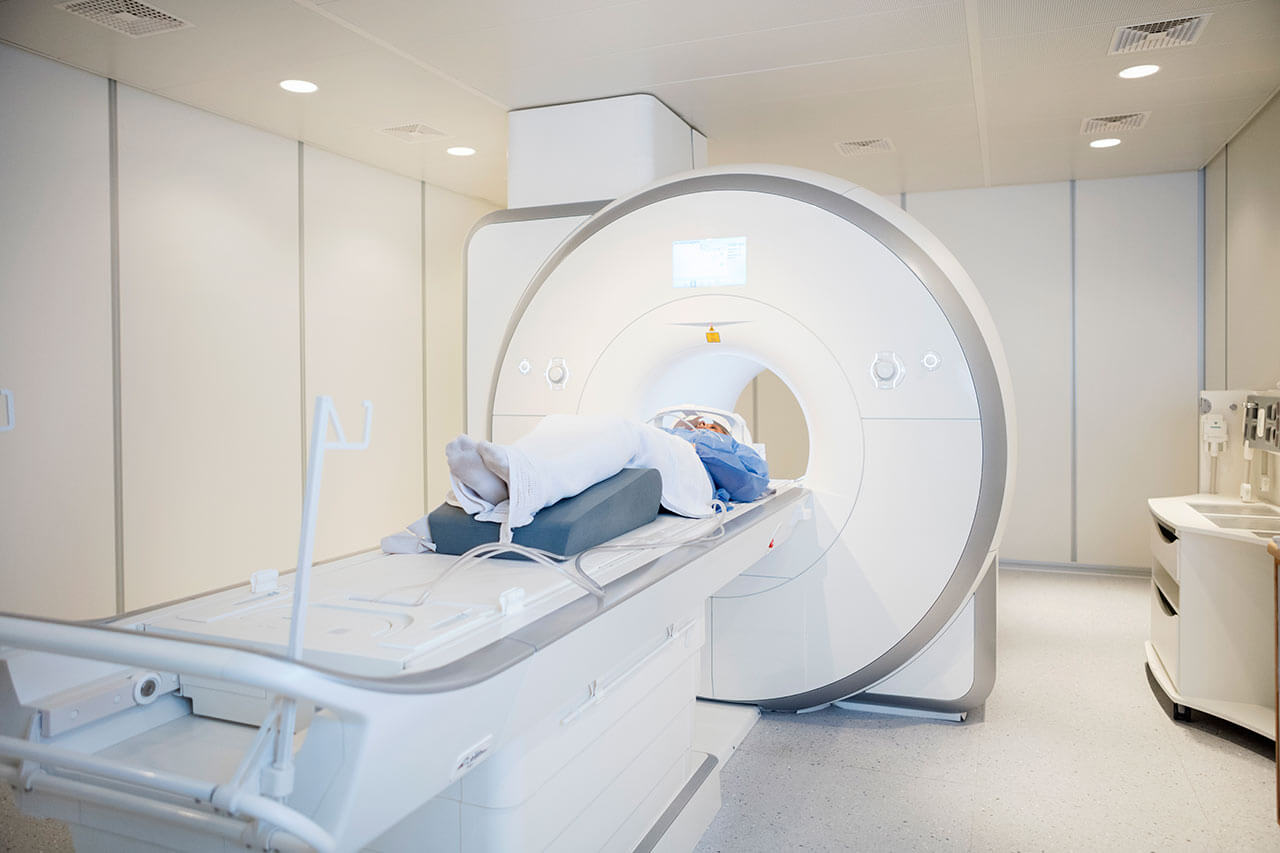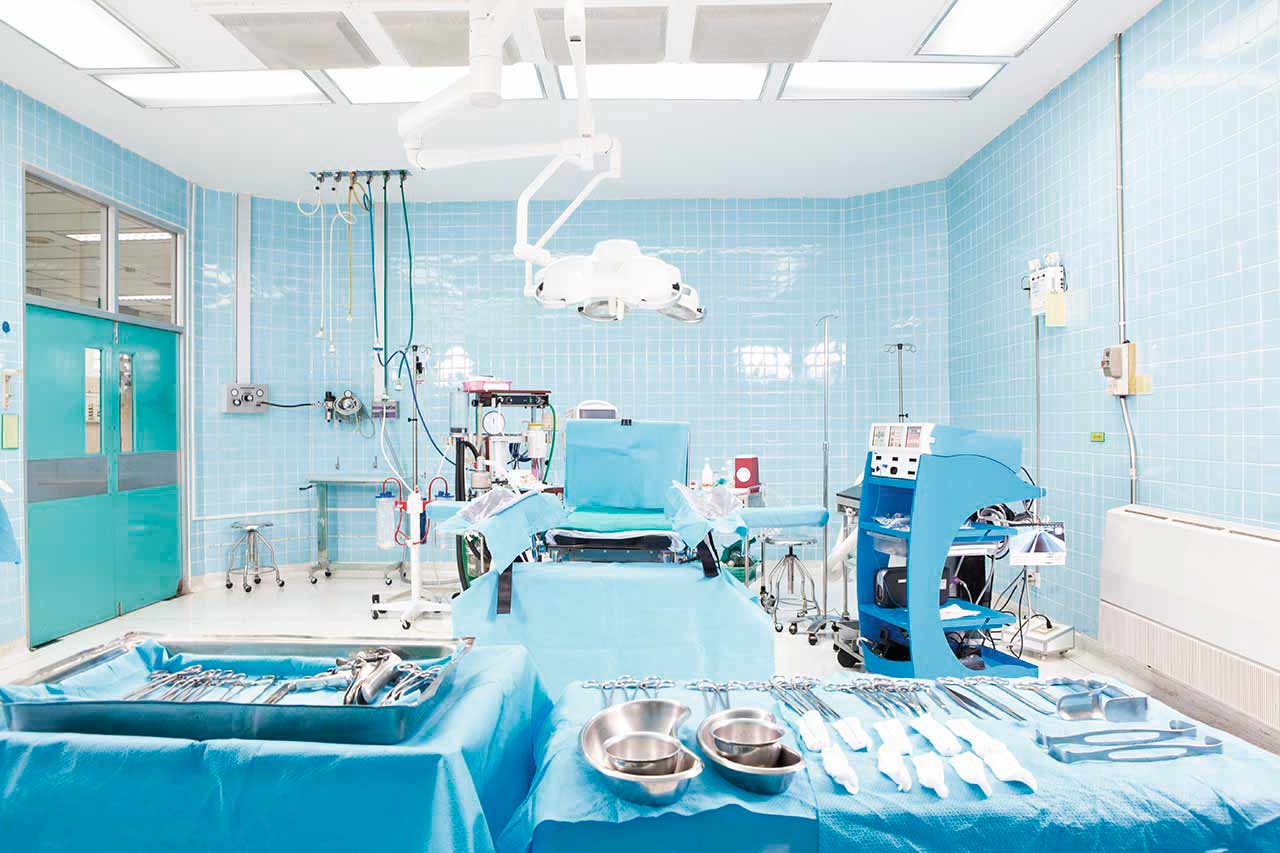
About the Department of Radiation Therapy at University Hospital of Ludwig Maximilian University of Munich
The Department of Radiation Therapy at the University Hospital of Ludwig Maximilian University of Munich offers all modern services in the field of radiation therapy for cancer treatment. The medical facility uses advanced radiation therapy methods, including intensity-modulated radiation therapy (IMRT), volumetric modulated arc therapy (VMAT), image-guided radiation therapy, brain and lung stereotactic radiosurgery, total body irradiation, brachytherapy, and catheter-based administration of radioactive drugs (afterloading technique). The department is one of the first medical facilities in Germany to successfully use the innovative MR-Linac technology, which makes it possible to obtain high-precision MRI scans during radiation therapy and provide the most effective cancer treatment with optimal protection of the healthy adjacent tissues. It is noteworthy that MR-Linac technology is available only in three healthcare facilities in Germany. The department's radiation therapists cooperate closely with oncologists, chemotherapists, radiologists, and other specialists from related fields, thanks to which patients receive comprehensive treatment. The Head Physician of the department is Prof. Dr. med. Claus Belka.
Breast cancer is one of the most common types of cancer in women. Breast cancer treatment is based on surgery, but in many cases, women are additionally prescribed radiation therapy, for example, after breast-conserving surgery or when cancer cells are detected in the nearby lymph nodes. The optimal type of irradiation for a woman is determined on the basis of her clinical data and anatomical features. In most cases, tangential irradiation is used, during which a patient is in the supine position. In some cases, for example, if a woman has pectus excavatum or if the lymph nodes behind the sternum are affected, intensity-modulated radiation therapy or volumetric modulated arc therapy are more effective methods. The department's radiation therapists also prescribe hypofractionated radiation therapy, which allows higher doses of radiation to be applied in fewer sessions. Breast cancer recurrence can be treated with brachytherapy. It is important for the department's physicians to protect the heart when irradiating patients with left-sided breast cancer, and therefore, in such cases, deep inspiration breath hold (DIBH) is preferred. It is worth noting that the Catalyst™ non-contact monitoring system is available in the medical facility, which is currently used by only a few centers throughout Europe. This device allows doctors to minimize the load on the heart. For women with metastatic breast cancer, the department's radiation therapists offer stereotactic radiosurgery for brain and lung metastases and brachytherapy for liver metastasis destruction.
One of the most common oncological diseases in men is prostate cancer, and therefore the department's medical team has modern types of irradiation for this type of oncology. The specialists often perform image-guided radiation therapy and irradiation with cone beam computed tomography. The Clarity™ system is also widely used in prostate irradiation, with which doctors control the delivery of radiation in real time. This means that if a patient's position changes, the radiation automatically stops, so that healthy tissues are not damaged. Localized prostate cancer is successfully treated with brachytherapy (internal radiation therapy). The essence of the treatment procedure is the introduction of radioactive microsources (radioactive seeds) directly into the tumor focus. Brachytherapy is characterized by the highest accuracy and safety, while this type of irradiation allows doctors to achieve good therapeutic results.
The department's team of radiation therapists has vast experience in treating brain and spinal cord tumors. Due to the frequent localization of these neoplasms in hard-to-reach places, their treatment is a challenge. In some cases, stereotactic radiosurgery is the only effective treatment option. Despite the name "stereotactic radiosurgery", this type of treatment does not involve any invasive surgical procedures. The difference from classical radiation therapy lies in the fact that radiosurgery involves a single application of targeted high doses of radiation. The technique is highly effective and practically does not cause any side effects. The specialists at the medical facility also successfully perform volumetric modulated arc therapy (VMAT) and brachytherapy for brain and spinal cord tumors.
The department often admits patients with gastrointestinal cancers, such as stomach, liver, bile duct, pancreatic, esophageal, and colon cancers. As a rule, radiation therapy for the above-mentioned diseases is combined with surgery and systemic therapy. In the advanced stages of cancer, radiation therapy is most often performed prior to surgery to reduce the tumor size. If a tumor has reached a large size or a patient has multiple metastases (for example, in the case of esophageal, rectal, stomach, or pancreatic cancer), surgery is contraindicated, and radiation therapy is the only treatment. Special attention is paid to stereotactic irradiation and brachytherapy for liver cancer and its metastatic lesions.
The department specializes in treating the following diseases:
- Breast cancer
- Cancer of the female reproductive system
- Uterine cancer
- Cervical cancer
- Ovarian cancer
- Endometrial cancer
- Vulvar cancer
- Vaginal cancer
- Cancer of the male reproductive system
- Prostate cancer
- Testicular cancer
- Penile cancer
- Kidney cancer
- Bladder cancer
- Gastrointestinal cancer
- Stomach cancer
- Esophageal cancer
- Rectal cancer
- Small and large intestine cancer
- Liver cancer and liver metastases
- Bile duct cancer
- Pancreatic cancer
- Head and neck cancer
- Brain and spinal cord cancer
- Bone and soft tissue sarcomas
- Lung and mediastinal cancer
- Skin cancer
- Lymphomas and leukemias
- Benign diseases (for example, inflammatory and degenerative diseases)
- Other pathologies
The department's range of therapeutic services includes:
- Image-guided radiation therapy (IGRT)
- Intensity-modulated radiation therapy (IMRT)
- Volumetric modulated arc therapy (VMAT)
- Deep inspiration breath hold (DIBH)
- Brachytherapy
- Intracavitary brachytherapy
- A special form of brachytherapy for cervical cancer (Applicator Venezia TM)
- Interstitial brachytherapy
- Brachytherapy for liver cancer and liver metastases
- Surface brachytherapy
- Extracranial stereotactic radiation therapy (for kidney, liver and lung tumors)
- Total body irradiation
- Volume-modulated 3D conformal radiation therapy
- Intraoperative radiation therapy
- Stereotactic radiosurgery, including extracranial stereotactic radiation therapy
- Radiation therapy under the guidance of the innovative MR-Linac system (the technique is available only in three medical facilities in Germany)
- Other therapeutic options
Curriculum vitae
Higher Education and Professional Career
- 1986 - 1993 Human Medicine studies at the University of Essen.
- 1989 - 1990 Doctoral Degree, Faculty of Human Genetics, University of Essen.
- 1993 - 1995 Assistant Physician, Department of Hematology and Oncology at the University Hospital Charite Berlin and at the Robert Roessle Hospital Berlin.
- 2004 - 2008 Deputy Head, Department of Radiation Oncology, University Hospital Tuebingen.
- 2007 - 2008 Head of the Research Group on Experimental Radiotherapy, Department of Radiation Oncology, University Hospital Tuebingen.
- Since 2008 Head of the Department of Radiation Therapy at the University Hospital of Ludwig Maximilian University of Munich.
Main Awards, Activities in Professional Societies and Committees
- 2000 Poster Award from the German Physiological Society.
- 2001 Wolfsberg Poster Award.
- 2002 Hanns Langendorff Award.
- 2003 MSD Onco Award, 12th Conference of the European Organization of Oncologists, Copenhagen.
- 2003 Hermann Holthusen Prize from the German Society of Radiation Oncology.
- 2003 Monika Kutzner Prize, Berlin Brandenburg Academy of Sciences.
- 2006 "Highly Commended" Award from the European Association for Cancer Research (EACR), Budapest.
Photo of the doctor: (c) LMU Klinikum





